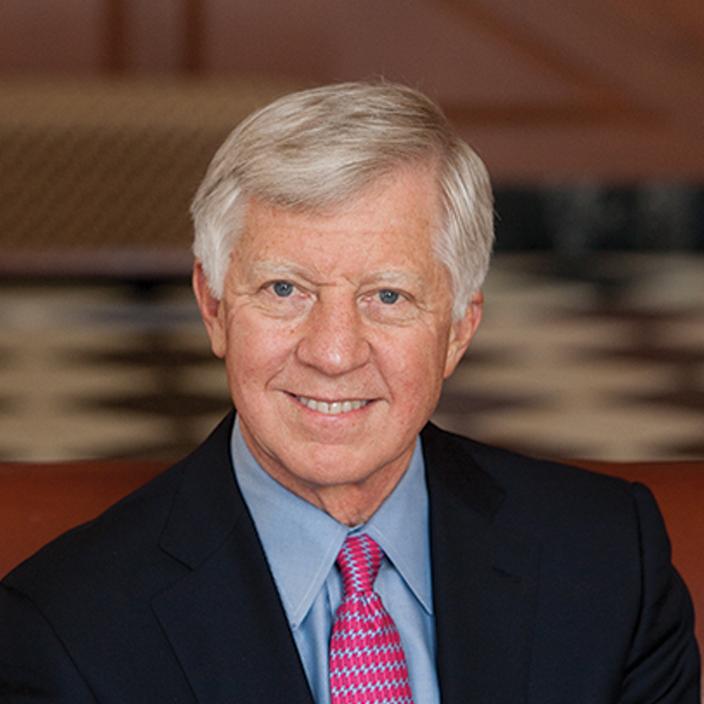
Business leaders are generally pictured as tough, independent, driven—coldly practical types who care more about bottom line results than personal growth or ethical concerns. People who practice meditation and write books laced with Eastern spirituality certainly don't rise to the leadership of Fortune 500 companies. But there are some business leaders who beg to differ. They've spent their careers emphasizing openness, accountability, and leading by ethical example rather than by arbitrary authority. One such leader is Bill George. Not only has he served as an executive, board member, and advisor to some of the world's leading companies, he's also become known as something of a guru in the art and practice of business leadership and management principles. Indeed, he's been described as the closest thing in American executive ranks to a "moral philosopher," a description reinforced by his uniquely influential books, lectures, media appearances, and the example of his own career.
After earning a mechanical engineering degree from Georgia Tech, George obtained his M.B.A. from Harvard and embarked on an executive career at Honeywell, Litton Industries, and the U.S. Department of Defense. But it was when he took the reins of the medical technology company Medtronic, Inc. that he truly made his mark. Beginning as president and chief operating officer in 1989 and then as CEO in 1991, he led Medtronic through more than a decade of unprecedented growth, averaging about 35% a year. George took the company from a $1.1 billion to $60 billion enterprise before moving on in 2002. As he explains, he didn't "retire" from Medtronic, but had promised himself never to remain more than about ten years with any single company: "Ten years is more than enough time to make your mark in any organization," he once told an interviewer.
It had become time for Bill George to "renew, reinvent myself," he explained. That meant engaging in "spiritual projects" to learn "how to impart whatever I've learned to others." Toward that end, George wrote his best-selling books 7 Lessons for Leading in Crisis, Authentic Leadership, and True North and began giving talks and organizing courses and training sessions based on his ideas and experiences. More than 1,600 executives have participated in his "Authentic Leadership Development" course worldwide. Using George's concepts and philosophies, they have transformed their own businesses into kinder, gentler companies, more open and responsive to customer needs, more focused on the long term rather than on the short term, and better able to weather economic storms by keeping an unwavering focus on their ultimate purpose.what George calls one's "True North."
The private George Family Foundation, is another avenue through which George and his wife, Penny, impart these leadership philosophies while supporting new ideas and projects in health, education, social justice, and spirituality. As Professor of Management Practice at Harvard Business School, George continues to train new generations of business leaders and conduct research, recently on leadership in small groups, from which he has developed a series of exercises that can be used both in the classroom and in executive training seminars for skill development. He also serves on a variety of corporate boards and advisory committees, providing his singularly original perspective on 21st century business. As President Jimmy Carter describes it: "Bill George reminds us that compassion and understanding are as important qualities for business leaders as dedication and resolve."
Information as of April 2014

